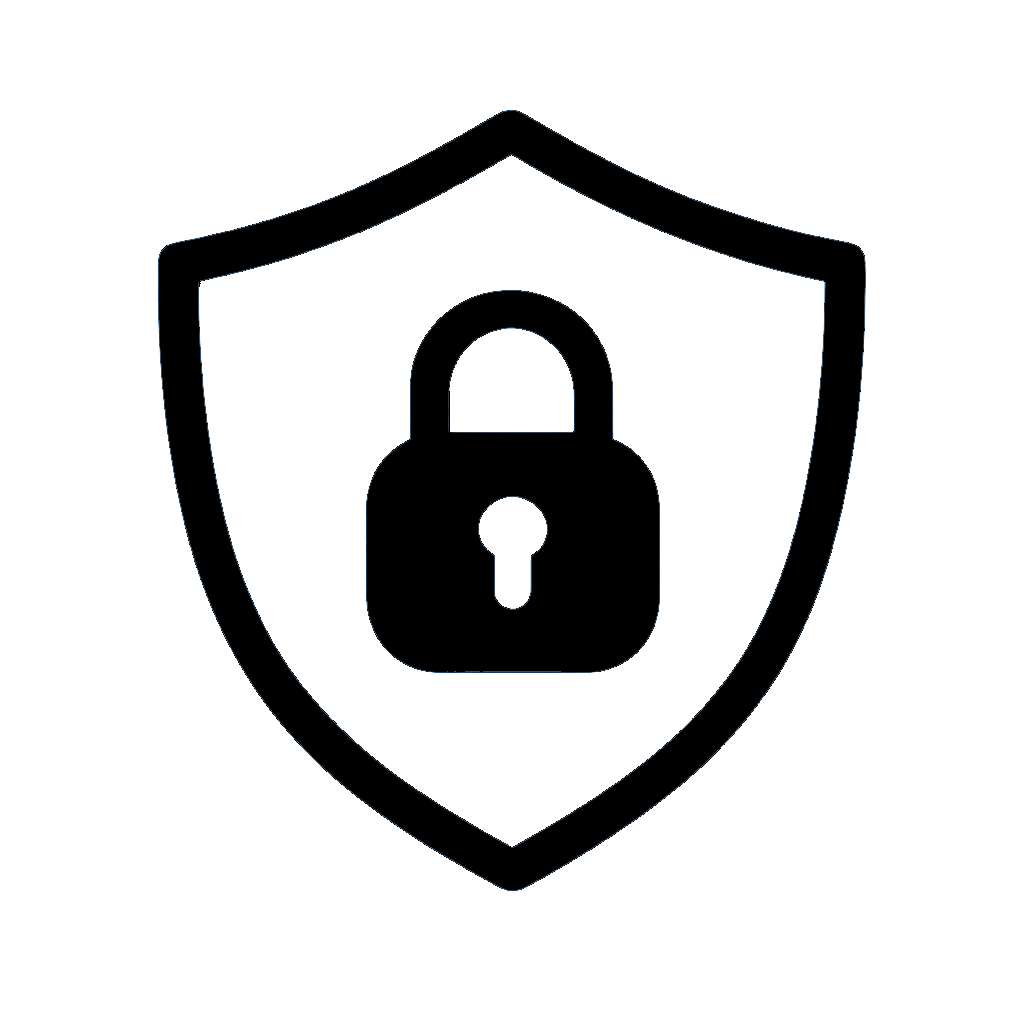Graphical User Interface (GUI)
Complete documentation for using the HardenSys GUI tool for interactive security management.
Overview
The HardenSys GUI provides a user-friendly graphical interface for running security compliance checks, generating reports, and managing Windows security policies. It's designed for users who prefer visual interaction over command-line operations.
Key Features
- Intuitive graphical interface with category selection
- Real-time progress tracking and status updates
- Interactive report generation and viewing
- Backup and restore functionality
- Settings configuration and customization
- Keyboard shortcuts for power users
Launching the GUI
python HardenSys_gui.pyRunning Compliance Checks
Selecting Categories
Choose which security categories to check:
Select Category
Choose a security category from the dropdown menu in the Category Panel
Choose Subcategory
Select specific subcategories within the chosen category
Configure Options
Set any additional options like output format or detailed logging
Run Checks
Click "Run Checks" button or use Ctrl+R keyboard shortcut
Check Types
Individual Checks
Run checks for specific parameters or subcategories
1. Select specific parameter
2. Click "Run Check" button
3. View results in Results PanelCategory Checks
Run checks for entire security categories
1. Select security category
2. Choose subcategories
3. Click "Run Category Check"
4. Monitor progress in Progress PanelFull System Checks
Run comprehensive checks across all security parameters
1. Select "All Categories"
2. Click "Run Full Check"
3. Monitor progress and results
4. Generate comprehensive reportProgress Monitoring
The Progress Panel provides real-time feedback during compliance checks:
- Progress Bar: Visual indication of completion percentage
- Status Messages: Current operation and status updates
- Check Counter: Number of checks completed vs. total
- Time Elapsed: Duration of current check session
- Success/Failure Count: Running tally of results
Report Generation
Generating Reports
Create comprehensive compliance reports from your check results:
Complete Checks
Run compliance checks and wait for completion
Review Results
Examine results in the Results Panel
Generate Report
Click "Generate Report" or use Ctrl+G shortcut
Choose Format
Select report format (HTML, PDF, or Text)
Save Report
Choose location and filename for the report
Report Formats
HTML Reports
Interactive web-based reports with detailed formatting
- Clickable navigation
- Expandable sections
- Color-coded results
- Print-friendly layout
PDF Reports
Professional PDF documents for formal documentation
- Professional formatting
- Table of contents
- Executive summary
- Detailed findings
Text Reports
Plain text reports for simple viewing and processing
- Simple format
- Easy to parse
- Small file size
- Universal compatibility
Report Contents
All report formats include:
- Executive Summary: High-level overview of compliance status
- Detailed Results: Complete results for each parameter checked
- Recommendations: Suggested actions for non-compliant settings
- Statistics: Success rates, failure counts, and timing information
- Metadata: Report generation date, time, and system information
Settings and Configuration
Application Settings
Configure the GUI behavior and appearance:
General Settings
- Language: Select interface language
- Theme: Choose light or dark theme
- Font Size: Adjust text size for readability
- Auto-save: Automatically save reports
- Check Updates: Automatically check for updates
Check Settings
- Default Categories: Set default categories to check
- Timeout: Set timeout for individual checks
- Retry Attempts: Number of retry attempts for failed checks
- Verbose Logging: Enable detailed logging
- Parallel Checks: Run multiple checks simultaneously
Report Settings
- Default Format: Set default report format
- Output Directory: Default location for reports
- Include Timestamps: Add timestamps to reports
- Compress Reports: Compress large reports
- Email Reports: Email reports automatically
Security Settings
- Require Admin: Require administrator privileges
- Backup Before Changes: Create backup before modifications
- Confirm Changes: Confirm before applying changes
- Audit Logging: Log all security changes
- Encrypt Reports: Encrypt sensitive reports
Keyboard Shortcuts
Power users can use keyboard shortcuts for faster operation:
| Shortcut | Action | Description |
|---|---|---|
Ctrl+N |
New Check | Start a new compliance check |
Ctrl+R |
Run Checks | Execute selected compliance checks |
Ctrl+G |
Generate Report | Create compliance report |
Ctrl+S |
Save Report | Save current results |
Ctrl+O |
Open Report | Open existing report |
Ctrl+B |
Backup | Backup security policies |
Ctrl+Shift+R |
Restore | Restore from backup |
F1 |
Help | Open help documentation |
F5 |
Refresh | Refresh current view |
Esc |
Cancel | Cancel current operation |
Best Practices
- Enable automatic backups before making changes
- Set appropriate timeouts for your environment
- Configure email notifications for important events
- Use keyboard shortcuts for improved efficiency
- Regularly update the application for security patches
- Test settings in a non-production environment first
